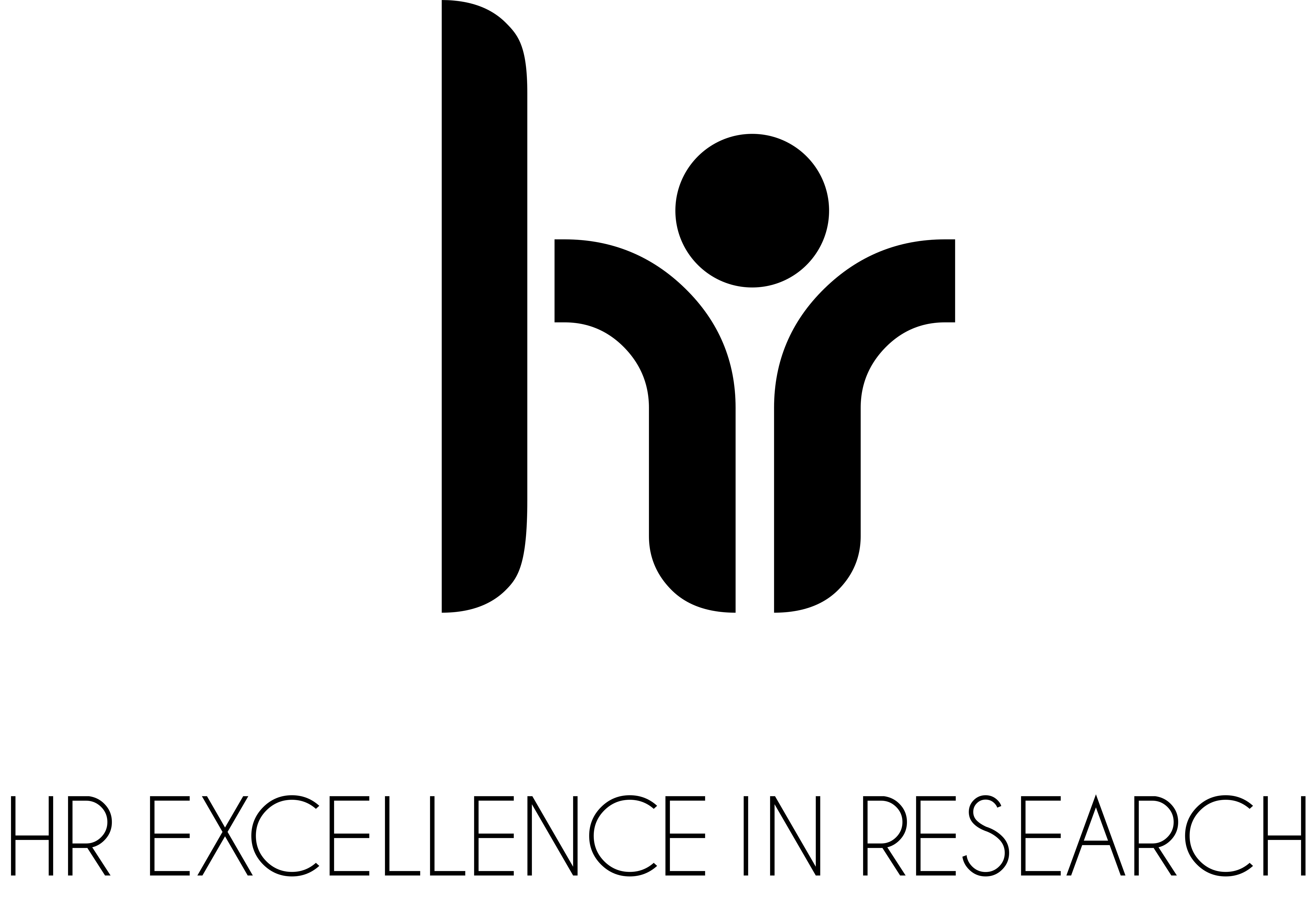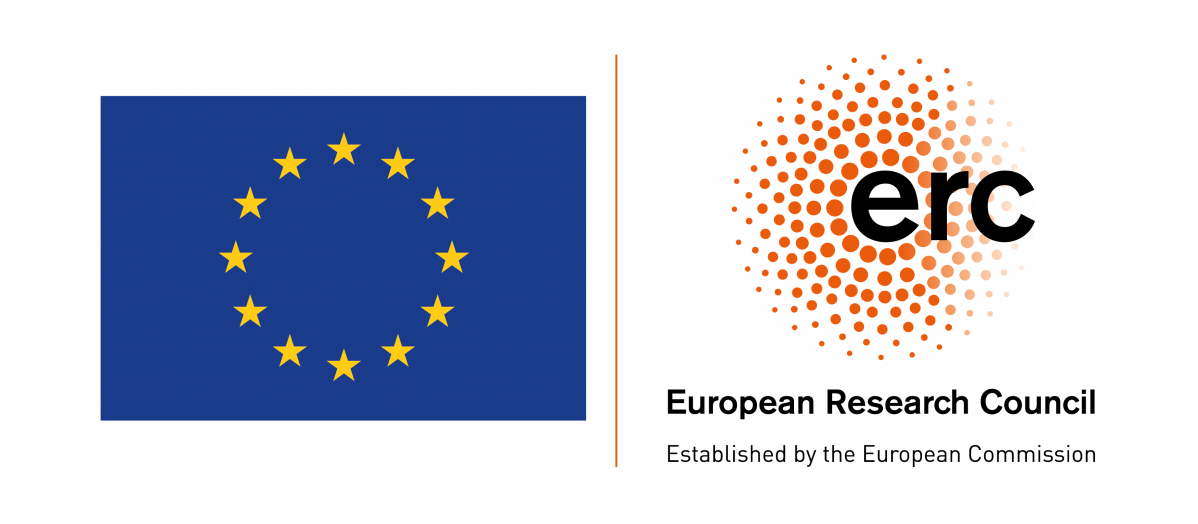Further information
Invitation pdf
Steve Russ (University of Warwick):
Virtue, Happiness and Mathematics in the Life of Prague in the Early Nineteenth Century
The late eighteenth century had been an especially turbulent time across large parts of Europe with the Habsburg Empire, and Bohemia in particular, being no exceptions. The effects of revolutions of many kinds (scientific, industrial, Enlightenment, French) were reverberating across nations which were themselves emerging, no doubt haphazardly but with increasing momentum, to a new consciousness and identity. We shall try to capture some synthesis of these effects as they appeared in Prague in large movements (political and religious), in institutions and in individuals. The Klementinum and the Charles-Ferdinand University were, of course, major institutions. In educational terms we range from Comenius up to the rise of Learned Societies in Prague and the forerunners of the Czech Academy of Science. In religious terms we must mention some of the Reformations from the Hussite and Utraquist movements up to ‘modern or reform Catholicism’ and the way political and religious goals sometimes united, sometimes repelled. Apart from the obvious individuals of the Austrian Monarchy deserving mention we include, among others, the cultural figures of Josef Stepling, Heinrich Seibt, Karel Ungar, Josef Dobrovský, August Meißner, František Gerstner, Josef Jungmann, and not forgetting Bernard Bolzano. These are all part of the investigation initiated this year by the project PragMatika at the FLÚ in Prague.
We attempt to face the challenge of trying to recover a Weltanschauung - prevailing in the Early Modern period - which integrated thinking, feeling, faith and action but that is alien to the fractured spectra of knowledge, allegiances and interests by which we are confronted and confused in our modern world. We draw material from several historians of Bohemia including Miroslav Hroch, Mikuláš Teich, Ivo Cerman and Zdeněk David. Our work is partly inspired by Rudolf Bultmann who urges us, in the context of theology, to listen and engage with history, not just inspect or document it.
The lecture will be preceded by a short presentation of the GAČR Junior Star project PragMatika by Elías Fuentes Guillén, the principal investigator of the project.





